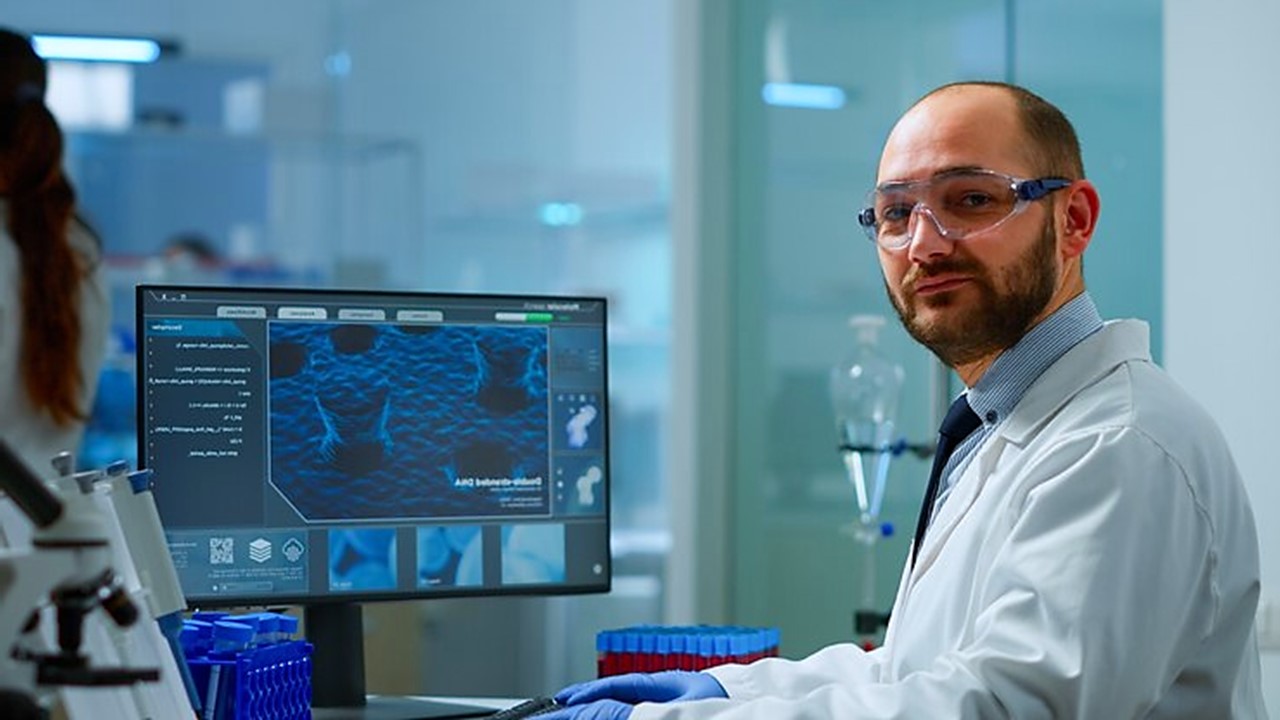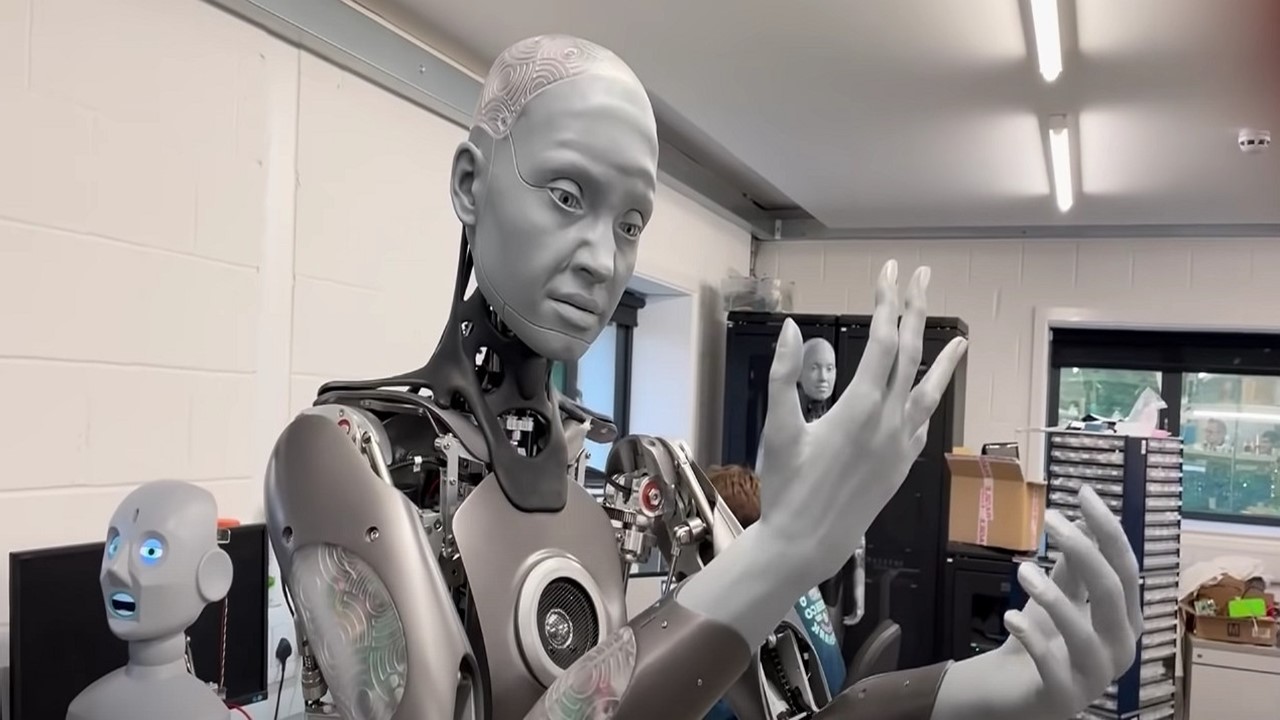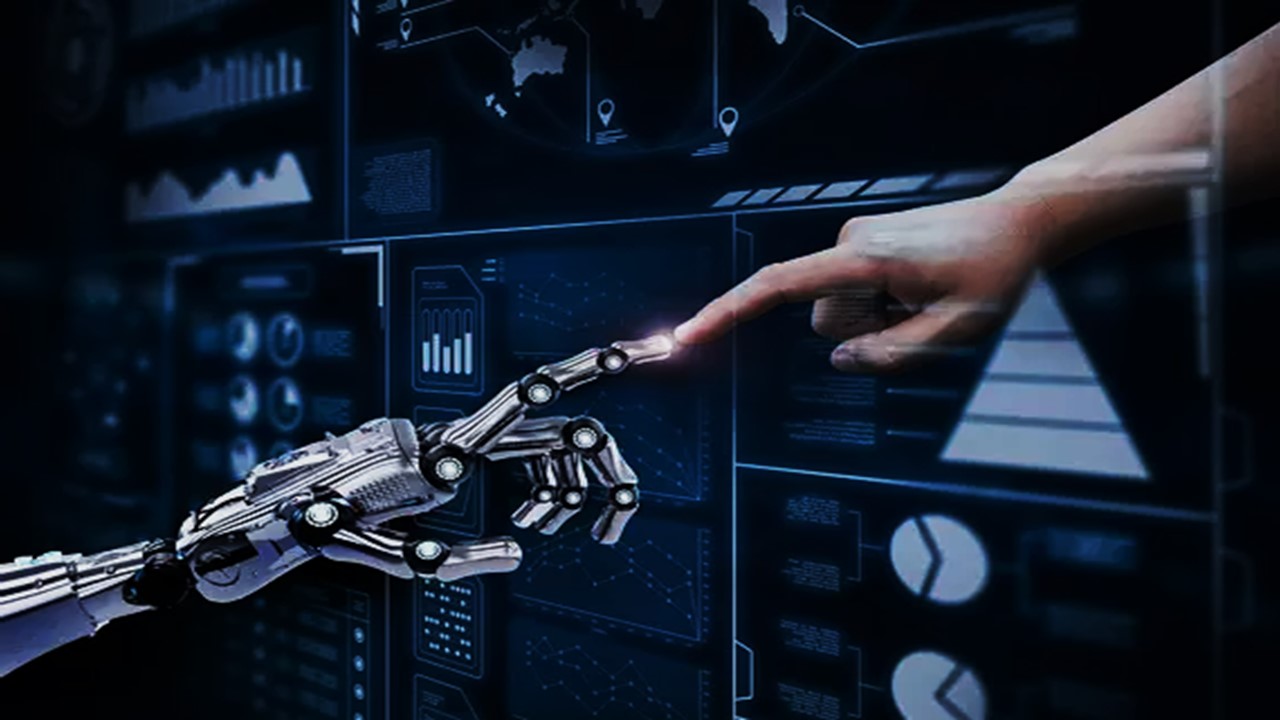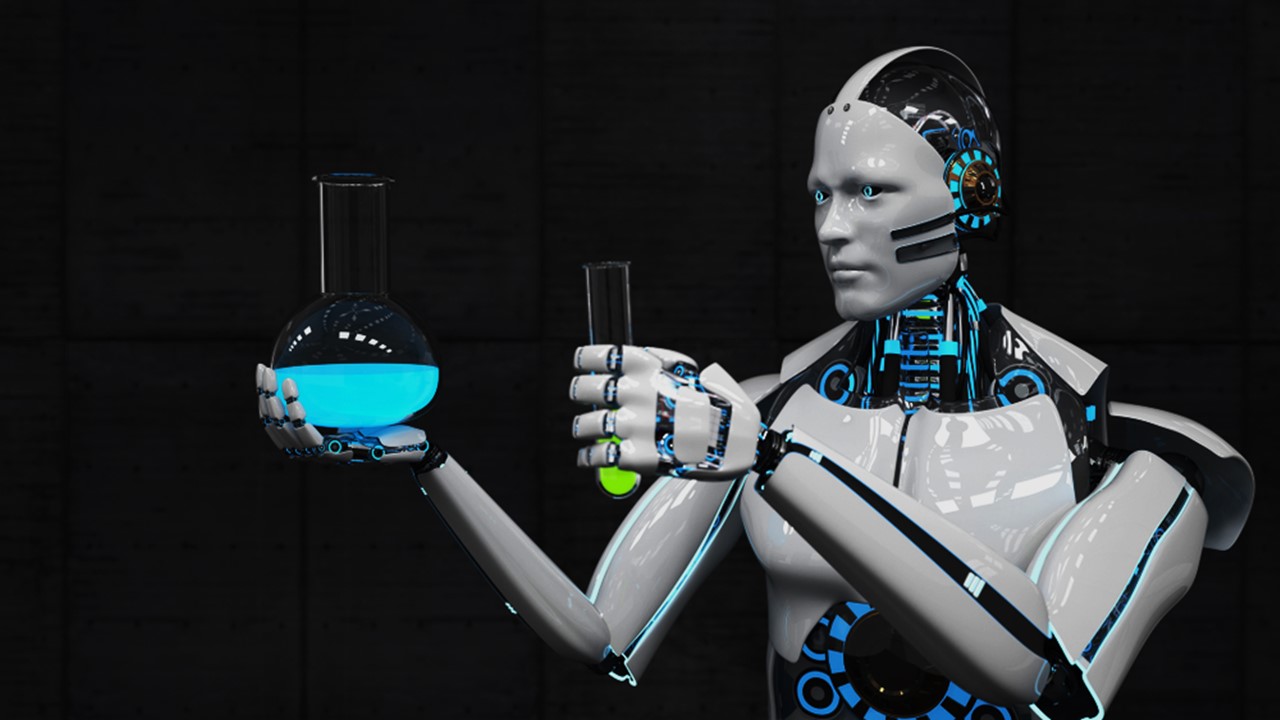The confluence of artificial intelligence (AI) and healthcare has catalyzed a transformative era in clinical trials and patient care. With the industry’s shift towards decentralized trials, coupled with the increasing amount of data collected from participants, AI emerges as a pivotal force in ensuring the success of these trials and improving patient experiences. This article explores how AI is revolutionizing clinical trials, enabling personalized and efficient healthcare, and propelling us into an era of data-driven medicine.
Decentralized Clinical Trials: A Paradigm Shift
Decentralized clinical trials represent a paradigm shift from the conventional model, holding the potential to revolutionize the recruitment of larger and more diverse patient cohorts. This departure from the norm, however, introduces a novel challenge – the heightened responsibility placed on trial participants. To harness the full potential of decentralized trials, innovative solutions are imperative. Herein, AI emerges as a pivotal force, driving the optimization of digital health user interfaces and offering a means to address these challenges.
The crux of the matter lies in the delicate balance between participant engagement and the prevention of participant overload. AI plays a pivotal role in achieving this equilibrium. By harnessing AI’s capabilities, clinical trial applications can intelligently tailor notifications to each participant’s unique circumstances. This personalization ensures that participants remain engaged without succumbing to the burden of excessive notifications, ultimately bolstering recruitment and retention rates.
At the heart of AI-driven notification optimization lies a multifaceted approach. AI algorithms delve into a participant’s profile, considering factors such as the time of day, their GPS location, and their historical responses to notifications. This granular analysis allows the system to make informed decisions about when and how to communicate with participants. For instance, a participant might receive a motivational message when motivation is low or a deadline reminder when a task is pending. Alternatively, the system might determine that no notification is necessary at a particular moment.
This dynamic and personalized approach ensures that participants are not bombarded with unnecessary interruptions, fostering a smoother and more engaging experience throughout the trial. The outcome is twofold: first, a marked improvement in participant satisfaction, as the burden of trial-related tasks is alleviated, and second, enhanced recruitment and retention rates due to a more participant-friendly trial environment.
Personalized Medicine: Tailoring Treatments with Precision
AI’s profound potential in healthcare extends far beyond its current applications, and one of its most promising frontiers is the realization of personalized medicine. This transformative approach represents a seismic shift from the traditional one-size-fits-all medical paradigms of the past, heralding a new era where patient-specific data and artificial intelligence converge to tailor treatments with unparalleled precision.
At the core of personalized medicine lies the fundamental recognition that no two individuals are identical. Genetic variations, diverse medical histories, and unique lifestyle factors all contribute to a patient’s distinct health profile. Recognizing these differences and harnessing AI’s analytical prowess, healthcare providers can now embark on a journey to deliver treatments uniquely suited to each patient’s needs.
Central to this endeavor is the analysis of patient-specific data. AI algorithms can scrutinize an individual’s genetic profile, mining it for valuable insights into their predisposition to certain diseases or their likelihood of responding favorably to particular treatments. This genomic understanding transcends traditional diagnostic boundaries, enabling healthcare providers to predict and prevent diseases at their roots, rather than merely treating their symptoms.
Beyond genetics, AI also factors in a patient’s comprehensive medical history, considering past illnesses, medications, and treatment responses. This holistic view enables the creation of a medical roadmap that respects a patient’s unique health journey. Moreover, AI continually learns from the patient’s evolving health data, adapting treatment strategies in real-time to optimize outcomes.
Lifestyle factors, too, play a pivotal role. AI takes into account an individual’s habits, such as diet, exercise, and environmental exposures, to craft tailored recommendations that extend beyond the clinical setting. This comprehensive approach acknowledges that health is an intricate interplay of genetics, medical history, and daily choices.
The benefits of personalized medicine are manifold. Treatment regimens, whether for chronic conditions or acute illnesses, become finely calibrated instruments. Medications are prescribed with a level of precision that minimizes side effects and maximizes therapeutic efficacy. Patients experience healthcare that is not just reactive but proactive, preventing diseases before they manifest and catching them at their earliest, most treatable stages.
Moreover, the economic implications are substantial. By avoiding costly trial-and-error approaches and reducing the burden of adverse drug reactions, personalized medicine promises to streamline healthcare costs while simultaneously improving patient outcomes.
Remote Monitoring and Telemedicine: Expanding Access to Care
The emergence of AI in healthcare has ushered in a transformative era, one where remote monitoring and telemedicine are taking center stage. This paradigm shift not only empowers patients but also expands access to quality care, promising a more equitable and patient-centric healthcare landscape.
In the age of telemedicine, AI-driven platforms are at the forefront of this revolution. These sophisticated systems have transcended conventional healthcare boundaries, enabling real-time tracking of patient health and facilitating remote consultations with healthcare providers. At the heart of this transformation is the recognition that health should not be limited by geographical constraints, and technology can bridge the divide.
Remote monitoring, underpinned by AI, allows healthcare providers to keep a vigilant eye on patient health without the need for frequent in-person visits. Vital signs, chronic condition management, and even early warning signs of potential health crises can be continuously monitored from the comfort of a patient’s home. Wearable devices equipped with sensors and AI algorithms can detect deviations from the norm and trigger alerts, ensuring timely interventions.
Telemedicine platforms further democratize access to medical expertise. Patients, particularly those residing in remote or underserved regions, can now connect with specialists and primary care physicians through video consultations. This not only eliminates the need for arduous journeys to healthcare facilities but also reduces the burden on already overburdened healthcare infrastructure.
AI augments the telemedicine experience in several critical ways. Firstly, it assists in triage, helping healthcare providers prioritize cases based on the severity of symptoms. This ensures that the most critical patients receive immediate attention while less urgent cases are managed appropriately. Additionally, AI can enhance diagnostics by analyzing medical images, such as X-rays and MRIs, often with accuracy rivaling or surpassing that of human radiologists.
Furthermore, AI-driven chatbots and virtual assistants can provide patients with information, guidance, and support, ensuring that they are well-informed and engaged in their healthcare journeys. These digital companions can answer questions, provide medication reminders, and even offer mental health support, contributing to holistic patient care.
The benefits of this digital transformation are far-reaching. It reduces the burden on healthcare infrastructure, alleviates the shortage of healthcare professionals in rural areas, and empowers patients to take an active role in managing their health. Telemedicine has proven invaluable during crises like the COVID-19 pandemic, where social distancing measures necessitated remote care.
AI’s integration into healthcare transcends geographical barriers, ensuring that quality healthcare is not confined to urban centers. As AI continues to advance, it holds the promise of further enhancing remote care, making healthcare a truly global and patient-driven endeavor.
AI in Uncharted Territories: From Outbreak Prediction to Robotic Surgery
The transformative influence of artificial intelligence (AI) in healthcare extends far beyond the traditional realms of medical practice. Its adaptability, data processing prowess, and capacity for complex analysis have propelled it into a central role in addressing healthcare challenges that transcend conventional boundaries. From predictive modeling for disease outbreaks to drug discovery and even robotic-assisted surgeries, AI stands as an indispensable tool in shaping the future of medicine.
One of AI’s remarkable capabilities lies in its capacity to predict and mitigate the spread of infectious diseases. This is particularly relevant in today’s interconnected world, where outbreaks can quickly escalate into global pandemics. AI algorithms can process diverse data sources, including epidemiological data, climate information, travel patterns, and social media trends, to create predictive models for disease outbreaks. By analyzing these data streams in real-time, AI can provide early warnings and guide public health interventions. During the COVID-19 pandemic, AI played a pivotal role in tracking the virus’s spread, predicting hotspots, and optimizing resource allocation, thereby aiding in the containment efforts.
In the realm of drug discovery, AI has emerged as a game-changer. Traditional drug development is a time-consuming and resource-intensive process that often involves trial and error. AI algorithms, particularly those based on deep learning, can analyze vast datasets of chemical compounds, genomics, and clinical trial results. By identifying patterns and relationships within this data, AI can predict potential drug candidates with remarkable accuracy. This accelerates the drug discovery process, reduces costs, and holds the promise of more targeted and effective therapies for a wide range of diseases, from cancer to rare genetic disorders.
Moreover, AI has found its place in the operating room, revolutionizing surgical procedures through robotic-assisted surgery. Robots equipped with AI algorithms offer unparalleled precision and dexterity, assisting surgeons in performing intricate procedures with minimal invasiveness. These robotic systems can analyze real-time data from surgical instruments, providing surgeons with enhanced insights and decision support. In fields like urology, gynecology, and cardiothoracic surgery, AI-powered robots have demonstrated their ability to improve patient outcomes by reducing complications and recovery times.
AI’s potential in healthcare is amplified by its ability to process and analyze vast and complex datasets. This includes genomics data, medical imaging, electronic health records, and even patient-generated data from wearable devices. Machine learning algorithms can identify subtle patterns, correlations, and biomarkers that may elude human analysis. This data-driven approach holds the promise of more personalized medicine, where treatments are tailored to individual patients based on their unique genetic makeup, medical history, and lifestyle factors.
By harnessing the power of data and advanced algorithms, AI is ushering in a new era of healthcare that is more predictive, precise, and patient-centric. As AI technologies continue to evolve, their potential to reshape the future of medicine remains boundless.
AI is The Future of Healthcare
Artificial intelligence has emerged as a linchpin in the evolution of clinical trials and healthcare at large. From streamlining decentralized trials to enabling personalized medicine, remote monitoring, and venturing into uncharted territories, AI is at the vanguard of transforming the healthcare landscape. It is not merely a technological advancement but a paradigm shift towards more efficient, effective, and patient-centric healthcare. The fusion of AI and medicine promises a future where healthcare is not just a reactive response but a proactive, predictive, and personalized journey toward better well-being.
Engr. Dex Marco Tiu Guibelondo, B.Sc. Pharm, R.Ph., B.Sc. CpE
Subscribe
to get our
LATEST NEWS
Related Posts

AI, Data & Technology
The Power of Unsupervised Learning in Healthcare
In healthcare’s dynamic landscape, the pursuit of deeper insights and precision interventions is paramount, where unsupervised learning emerges as a potent tool for revealing hidden data structures.

AI, Data & Technology
Unlocking Intelligence: A Journey through Machine Learning
ML stands as a cornerstone of technological advancement, permeating various facets of our daily lives.
Read More Articles
Synthetic Chemistry’s Potential in Deciphering Antimicrobial Peptides
The saga of antimicrobial peptides unfolds as a testament to scientific ingenuity and therapeutic resilience.
Appreciating the Therapeutic Versatility of the Adenine Scaffold: From Biological Signaling to Disease Treatment
Researchers are utilizing adenine analogs to create potent inhibitors and agonists, targeting vital cellular pathways from cancer to infectious diseases.












